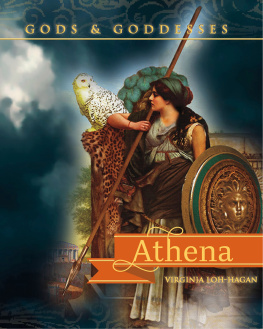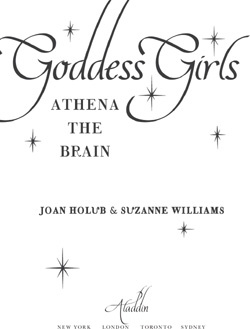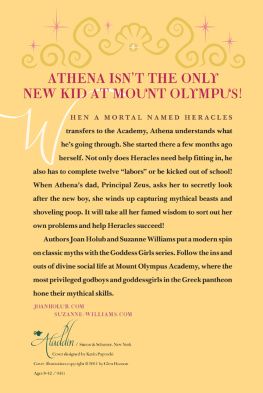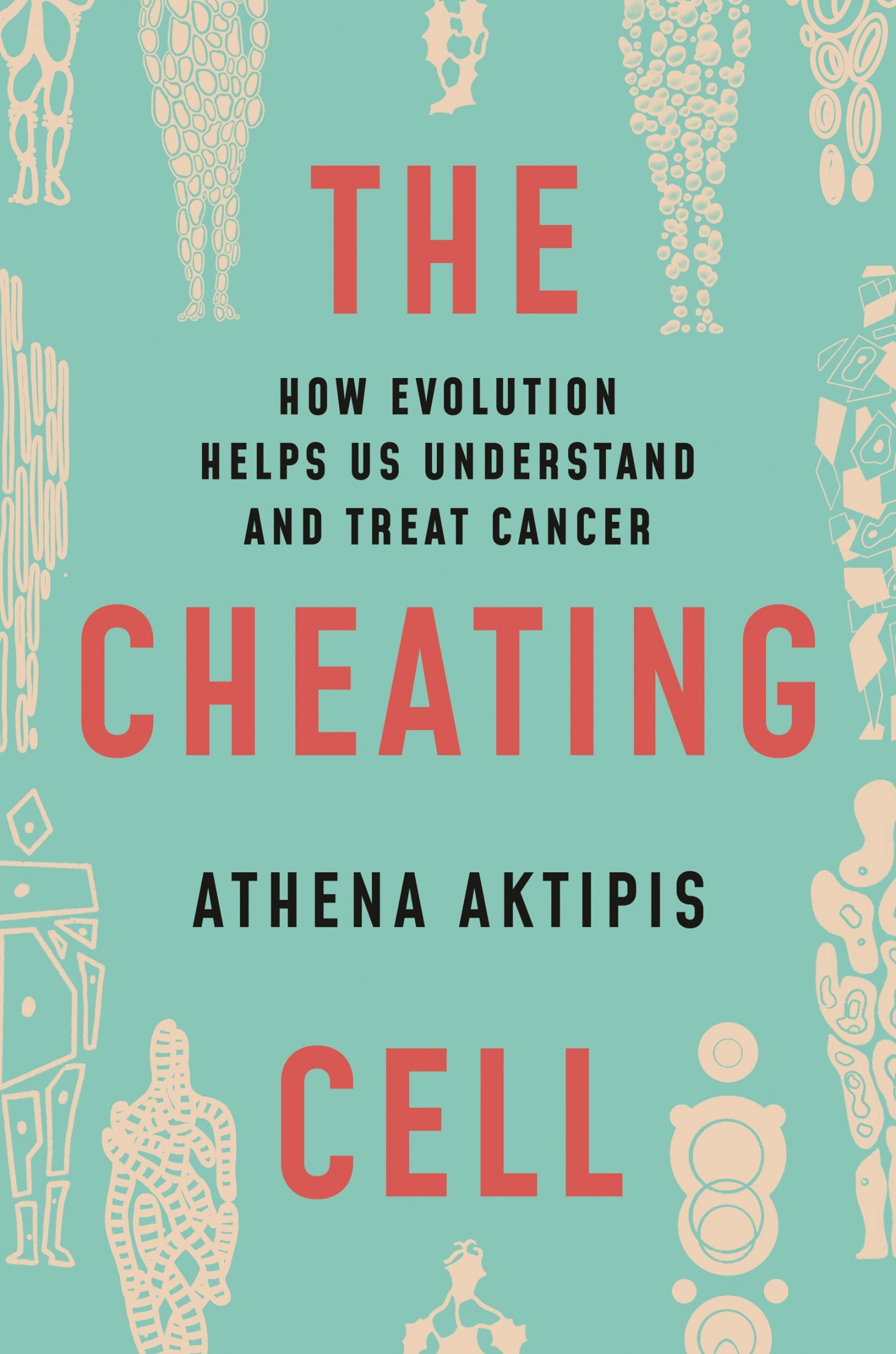THE CHEATING CELL
The Cheating Cell
How Evolution Helps Us Understand and Treat Cancer
Athena Aktipis
PRINCETON UNIVERSITY PRESS
PRINCETON AND OXFORD
Copyright 2020 by Princeton University Press
Requests for permission to reproduce material from this work should be sent to permissions@press.princeton.edu
Published by Princeton University Press
41 William Street, Princeton, New Jersey 08540
6 Oxford Street, Woodstock, Oxfordshire OX20 1TR
press.princeton.edu
All Rights Reserved
ISBN 978-0-691-16384-0
ISBN (e-book) 978-0-691-18608-5
Version 1.0
Library of Congress Control Number: 2019954861
British Library Cataloging-in-Publication Data is available
Editorial: Alison Kalett and Abigail Johnson
Production Editorial: Karen Carter
Production: Jacqueline Poirier
Jacket design and illustrations by Sukutangan
To all the beautiful monsters who came before us.
CONTENTS
- ix
- 1
- 13
- 25
- 53
- 87
- 118
- 160
- 187
- 317
- 235
ACKNOWLEDGMENTS
This book is the product of many late-night conversations at the kitchen table, lunches in poorly lit conference rooms, coffee breaks in the basement, happy hours on the porch, and back-of-the-room scribbling at academic meetings while listening to excellent talks from my brilliant colleagues. I am grateful to the many collaborators, colleagues, and friends who have shared their brains with me over the decades, contributing to the ideas that form the basis for this book. It would be impossible to thank each of them hereI have had literally hundreds of conversations that have shaped my thinking and the ideas in this book, and I am grateful to everyone who has shared their thoughts and ideas with me. You know who you are. Thank you. And please accept my apologies for not being able to acknowledge every one of you by name here.
I am especially grateful to my colleagues, friends, and students who have taken the time to read drafts of this book and give me feedback: Jessica Ayers, David Buss, Lee Cronk, Pauline Davies, Mark Flinn, Rick Grosberg, Michael Hechter, Steffi Kapsetaki, Joseph Mamola, Pranav Menon, Anya Plutynski, Pamela Winfrey, and all of the students in Carlo Maleys spring 2018 Cancer Evolution class. And a very special thank-you to Andrew Read for not only reading the manuscript but also providing extraordinarily detailed, thoughtful, and valuable comments. Thank you also to Zachary Shaffer, Bob Gatenby, Amy Boddy, and many other colleagues who corresponded with me during the writing of this book, answering questions and providing useful suggestions.
Thank you to the team at Princeton University Press, especially my editor, Alison Kalett, who provided a perfectly motivating balance of encouragement and honest feedback. Thank you also to my scientific editor, Jane Hu, who provided essential comments, editorial advice, and support during the most challenging phases of writing this book. I am also greatly indebted to Amanda Moon, whose keen editorial eye greatly improved the final version of this manuscript. Thank you to two anonymous reviewers and one not-so-anonymous reviewer, James DeGregori, for thoughtful and detailed comments on the manuscript. Also, thank you to my dedicated research assistant, Nicole Hudson, who worked tirelessly to compile the endnotes, finalize the formatting, and acquire permissions for several of the images used in this book. And a very special thank-you to my lab manager, Cristina Baciu, for much help along the way with all steps of the book, from the initial research to the final formatting, and especially for taking such good care of my lab while my attention was on this book. Cristina, thank you for your dedication, support, and most especially for your generosity of mind and spirit. I was also very lucky to have the talented Alex Cagan illustrating this book. Thank you, Alex, for your attention to detail, your patience, and your tolerance of my (admittedly) picky graphic design preferences.
I would not have been able to write this book without the support of many universities, institutions, and other organizations where I spent time during the writing. This book was conceived during a wonderful year at the Wissenschaftskolleg zu Berlin (the Institute for Advanced Study in Berlin) in the Cancer Evolution working group.







